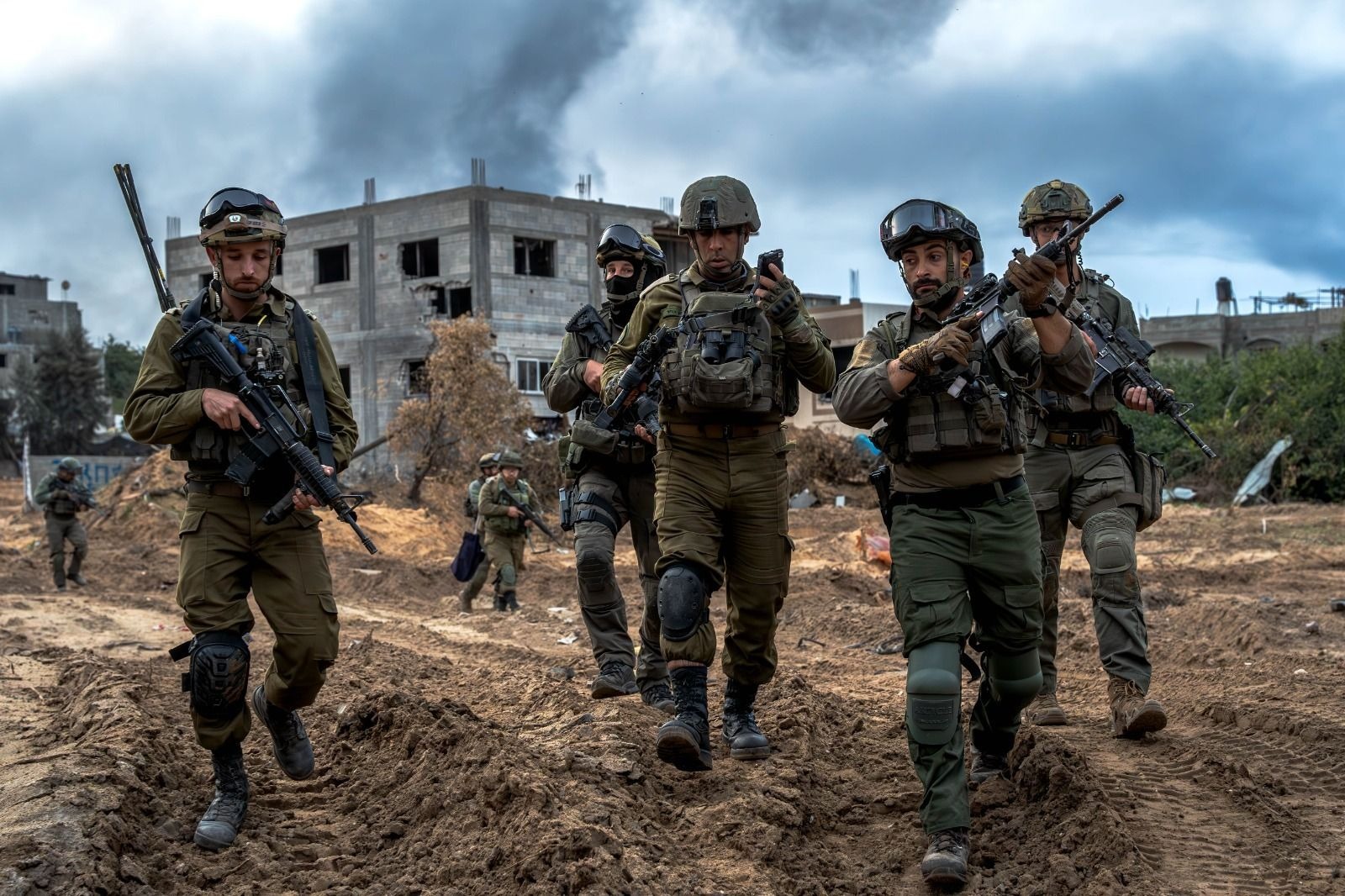The dynamic of local elections in Israel has shifted significantly due to the ongoing wartime situation, presenting unique challenges for candidates and altering the focus of campaigns.
In contrast to the usual bustling and vibrant campaign atmosphere characterized by posters, billboards, and frequent events, the current election season is marked by a more subdued tone and a shift in priorities.
The top issues that typically dominate local elections, such as parking, traffic, and school amenities, have been overshadowed by the urgent concerns stemming from the recent conflict with Hamas.

IDF Reservist (Credits: The Times of Israel)
Candidates now face the challenge of addressing the pressing issues arising from the wartime situation, while also navigating the practical difficulties posed by their own involvement in IDF reserve duty.
The postponement of the elections from their original date in October 2023 to the current date of February 27, 2024, has been accompanied by a series of debates and disputes over the timing and logistics of the vote.
This includes concerns about candidates being unable to participate due to their military service, as well as questions regarding the fairness of holding elections during a time of national crisis.
Candidates like Yaron Rosenthal, who have been serving in the IDF reserve during the conflict, have had to balance their civic duty with their political aspirations.
Despite the challenges and the potential impact on his campaign, Rosenthal chose to prioritize his military service, believing it to be a demonstration of leadership and commitment to the collective good.
Now that he has returned to the campaign trail, Rosenthal, along with other candidates, must navigate the delicate balance of engaging with voters while respecting the gravity of the current situation.
This includes adapting campaign strategies to fit the wartime context, such as holding smaller, more intimate gatherings instead of large-scale events.
While the wartime campaign presents its share of challenges, candidates like Rosenthal remain committed to their communities and their political aspirations, striving to lead by example and uphold the values of unity and resilience in the face of adversity.























